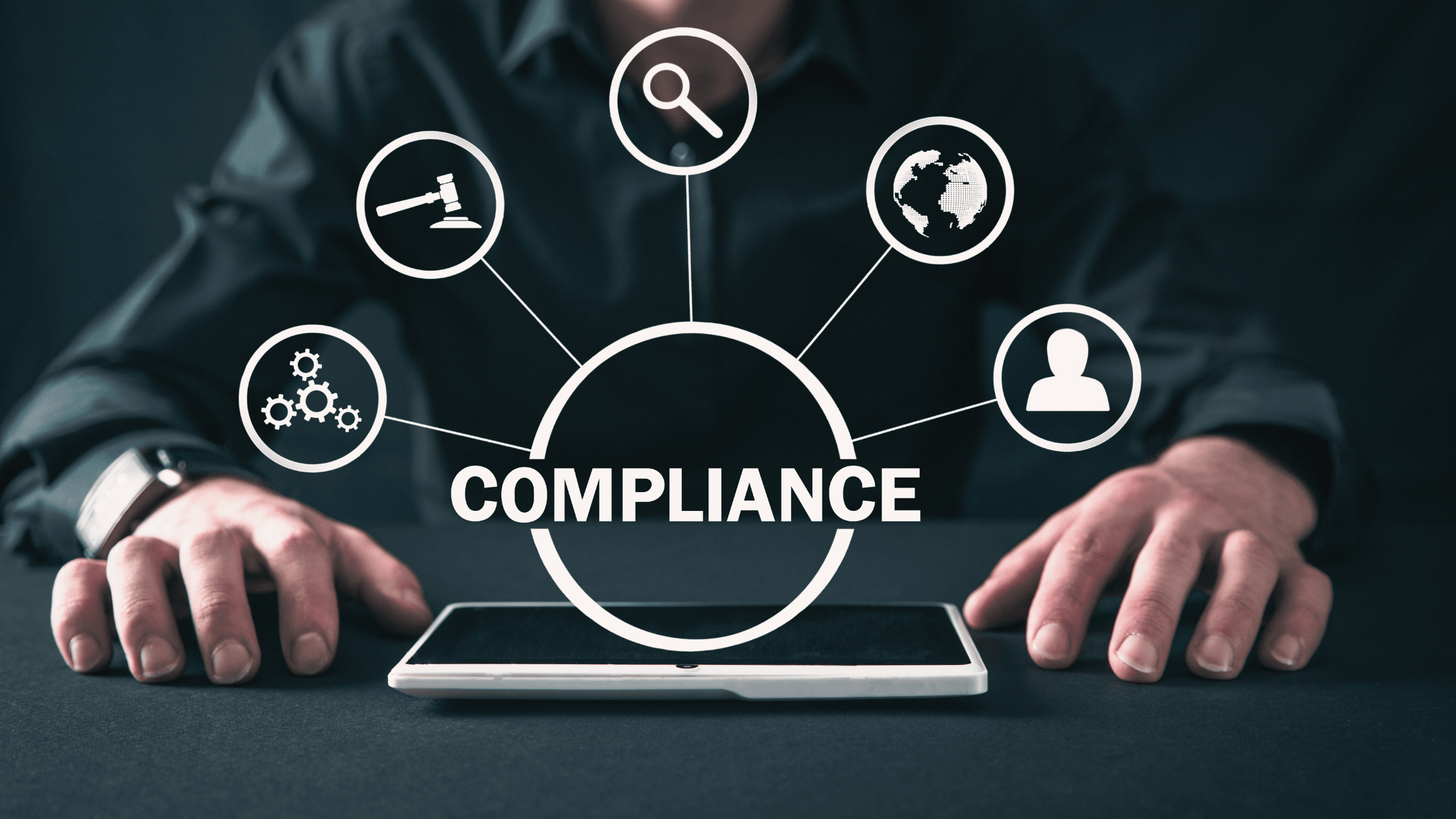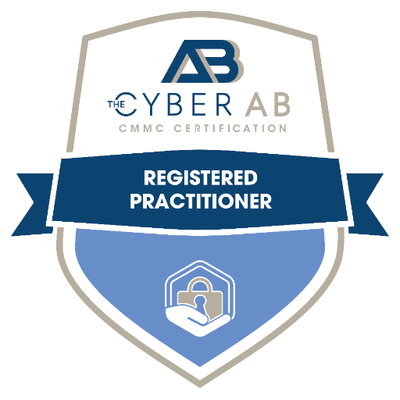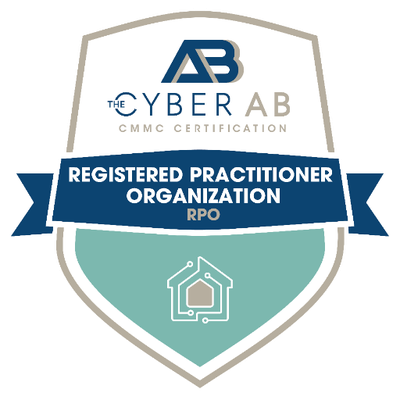For CEOs and CFOs, safeguarding sensitive information and maintaining compliance with regulatory requirements is critical, especially when doing business with the Department of Defense (DoD) and its Defense Industrial Base (DIB) cascading supply chain. One vital certification in this realm is the Cybersecurity Maturity Model Certification (CMMC). Let’s explore the compliance essentials of what you need to know about CMMC 2.0 and its implications for your organization.
The Latest Version: CMMC 2.0
CMMC 2.0 represents the latest iteration of the Cybersecurity Maturity Model Certification. Developed by the DoD, CMMC provides a framework for assessing and enhancing organizations’ cybersecurity posture within the DIB supply chain. This updated version incorporates feedback and refinements to address evolving cyber threats and industry best practices.
Assessment at Level 2 and Higher
One key aspect of CMMC is the assessment process, which occurs at Level 2 and higher. These assessments evaluate an organization’s implementation of cybersecurity controls and practices across various maturity levels, ranging from basic cyber hygiene to advanced practices tailored to specific threats and risks.
As executives, it’s essential to understand the assessment process and ensure that your organization is prepared to meet the requirements of CMMC at the appropriate level. This may involve implementing additional cybersecurity measures and demonstrating proficiency in safeguarding sensitive information. CMMC 2.0 is still not “effective” yet, the final rule has not been published and is not expected until Spring 2025.
Impact: Sales Stopper and Potential Criminal Liability
One significant impact of CMMC is its potential to act as a sales stopper for organizations doing business with the DIB or selling to companies within the supply chain. Compliance with CMMC requirements is becoming a prerequisite for engaging in B2B transactions with DIB contractors, making it essential for organizations to obtain certification to remain competitive in this market segment.
Furthermore, non-compliance with CMMC requirements can result in potential criminal liability for organizations found to have provided false or misleading information on contracts related to cybersecurity certifications. CEOs and CFOs must ensure the accuracy and integrity of cybersecurity-related representations made in contracts to avoid legal consequences.
Continual Compliance: A Strategic Imperative
In conclusion, CMMC 2.0 represents a critical milestone in defense supply chain cybersecurity, requiring organizations to enhance their cybersecurity posture and meet stringent certification requirements. For CEOs and CFOs, prioritizing CMMC compliance efforts and maintaining continual compliance with evolving cybersecurity standards is essential for safeguarding sensitive information, maintaining regulatory compliance, and preserving business opportunities within the DIB supply chain.




